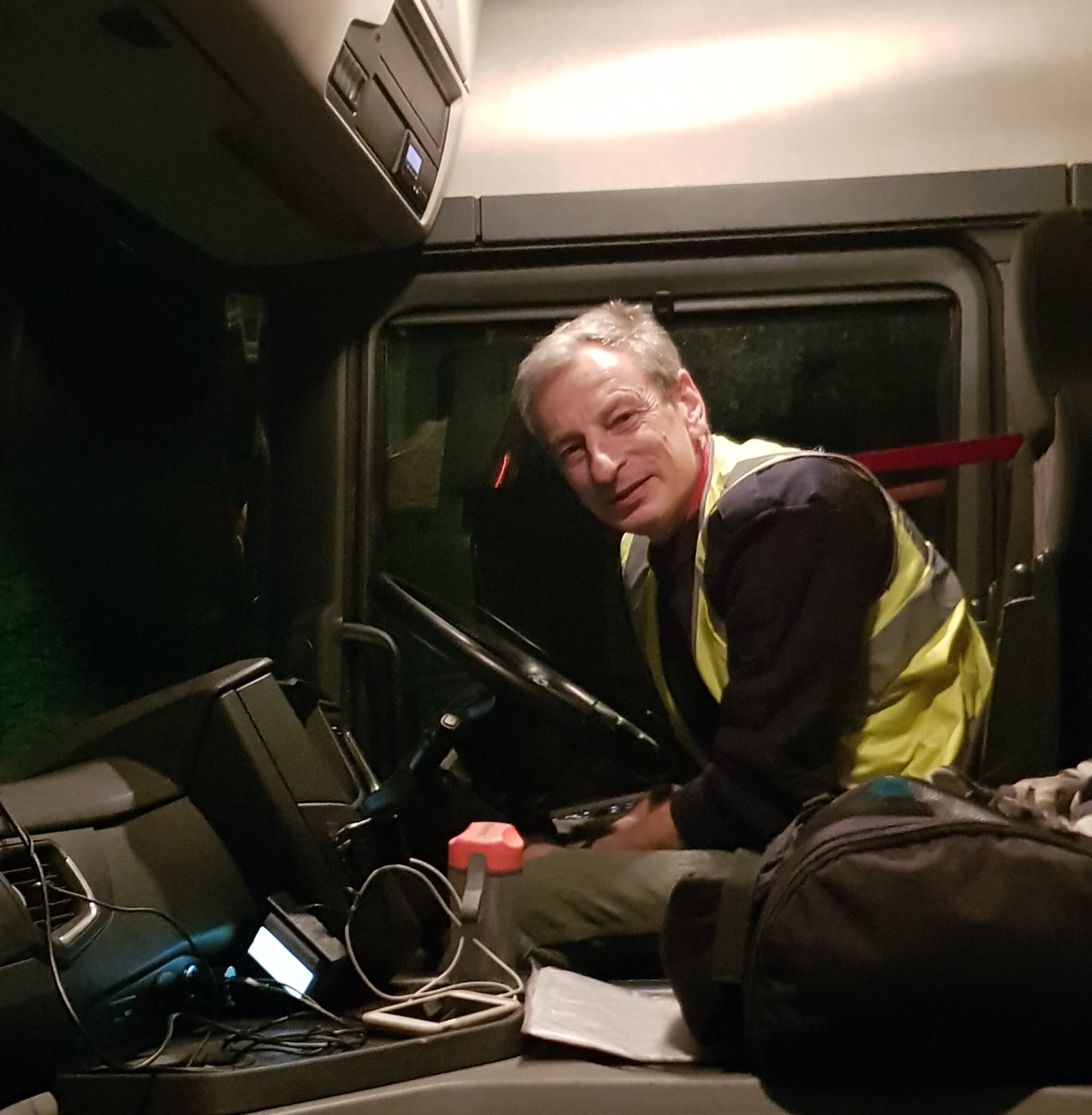Want to learn more?
Many of the qualities and skills you trained for and developed during military service are highly transferable to a professional driving career. It’s why many of the best HGV drivers are ex-service personnel.
In this article, we explore some of the key reasons why HGV driving could be the ideal career choice for you, and take a look at the pros and cons. The Ex-Service Personnel’s guide to HGV driving careers


